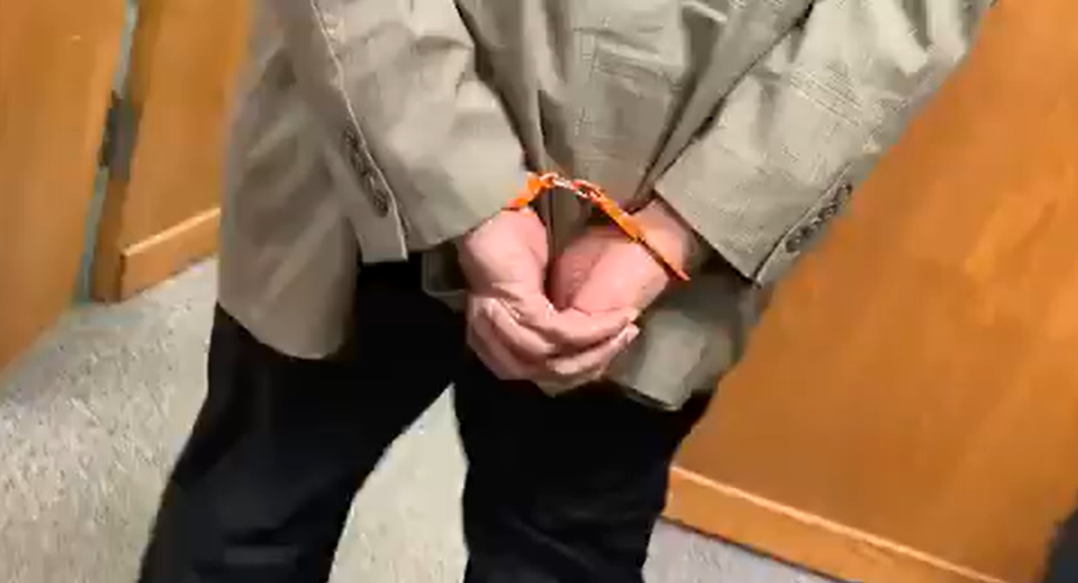
A mystery that has long lived in the minds of Lincoln County residents has finally been solved after DNA identified Jane Doe, a homicide victim from September 1989, as Melinda Lou Barnhouse of Maryland.
A press release from Othram Laboratories says the identification was a collaboration between the Mississippi Office of the State Medical Examiner, Mississippi Bureau of Investigation, Lincoln County Sheriff’s Office, and Othram.
Jane was discovered on September 17th, 1989, wearing only socks in the bushes by a rest stop along I-5 in Southern Lincoln County near mile marker 26. Charges were filed in her murder but her attackers were unable to identify her, saying only that she was a sex worker they picked up in New Orleans. They told police they intended to rob her but ended up killing her her and dumping the body.
It stuck with investigators and other members of the community, including journalists through the years, how tragic it was that in essence, she had died alone, probably in a strange place, at the hands of what were known to be strangers to her.
Investigators were unable to definitively determine anything that might identify her. They could only estimate her age to be between 16 and 35 years old at the time of her death, officials said.
The case was already active when Sheriff Steve Rushing became an investigator in 2000.
“Even when I was an investigator this was one of those cases that was still sitting out there, and we all wanted to know who she was,” he said. “They did a great job on convictions, we just didn’t know who she was. I’d heard about it all my career.”
Descriptions indicated that she had brown, shoulder-length hair, possibly naturally curly or wavy, and blue eyes. She was around 5’2″ and 140 pounds. She had a scar on her forehead and another scar on her right thigh. Based on the condition of the remains, investigators believed she had died just days before her discovery.
She was buried in Rose Hill Cemetery in Lincoln County with a tombstone that said, “Jane Doe.” It still stands as a testament to a life largely unknown, and violently lost.
In 2009, the case was entered into the National Missing and Unidentified Persons System as case UP4769. Law enforcement investigators from several generations of the Lincoln County Sheriff’s Department worked leads on who Jane Doe, now known to be Barnhouse, was. Despite the efforts, no matches were found in the database, and the case eventually went cold.
In 2022, the Mississippi Office of the State Medical Examiner, the Lincoln County Sheriff’s Office, and Mississippi Bureau of Investigation began to explore the possibility of forensic genetic genealogy as a tool to generate new leads on the Jane Doe case. Forensic evidence collected in the case was sent to Othram’s laboratory in The Woodlands, Texas. Othram scientists used Forensic-Grade Genome Sequencing® to build a comprehensive genealogical profile for the unknown woman. Othram’s in-house genealogy team then leveraged this profile to conduct extensive genetic genealogy research, ultimately providing investigative leads to law enforcement.
“We were fortunate that we still had the evidence here,” Rushing said.
The Mississippi Bureau of Investigation Cold Case Unit facilitated the interstate investigation required to bring this case to a resolution. On May 10 through additional DNA testing of a close family member, the unidentified woman was positively identified as Barnhouse. Originally from Maryland, it’s still a mystery how she made her way to Mississippi.
The findings bring closure to a community who always held in their hearts the spectre of a woman nobody defended and nobody knew. Rushing said he has spoken to former Sheriff Lynn Boyte, who was in office at the time of the murder, and that the Jane Doe case was one he never forgot.
“Sheriff Boyte said that case was the kicker,” he said. “We just always wanted to know who she was, and we just didn’t have what we needed to find out.”
Authorities involved in the case are quick to credit the investigators, forensic experts, scientists, and genealogists who worked hard to resolve this case and to Carla Davis, a Mississippi philanthropist committed to resolving the backlog of cold cases in Mississippi, for funding the advanced DNA testing and forensic genetic genealogy in this case.



















